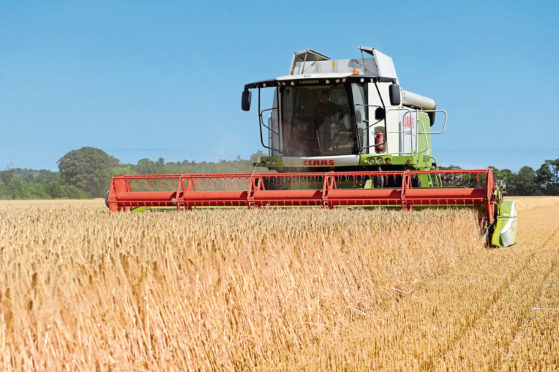Scientists from across the UK are working to create a “Noah’s Ark” of genetic crop and soil material as part of efforts to drive sustainable yield improvements in crops.
Agricultural research institutes, including Scotland’s Rural College (SRUC) and the James Hutton Institute based near Dundee, are creating a bank of microbiomes from crop systems for six major crops – barley, oats, oilseed rape, potato, sugar beet and wheat.
Led by international agriculture problem-solving body CABI, the UK Crop Microbiome Cryobank will provide a facility for researchers to source data and microbiome samples from different crop systems and soils across the UK.
Microbiomes are all the microbes present in any one ecosystem; in the case of a crop they are those present in everything from the leaves, seeds and stems to the bulk soil around the roots.
Dr Matthew Ryan from CABI said: “By preserving these valuable crop microbial samples, from a unique snapshot in time, we will generate a representative, very valuable and unique resource from key UK crop systems that will become a vital resource for scientific researchers for generations to come.
“We will be using UK-developed cryotechnology that uses liquid nitrogen to keep the samples secure at very cold temperatures.
“If you like, it is a Noah’s Ark of UK microbes from crop systems and one that has many potential exciting uses.”
The project will run for five years.
